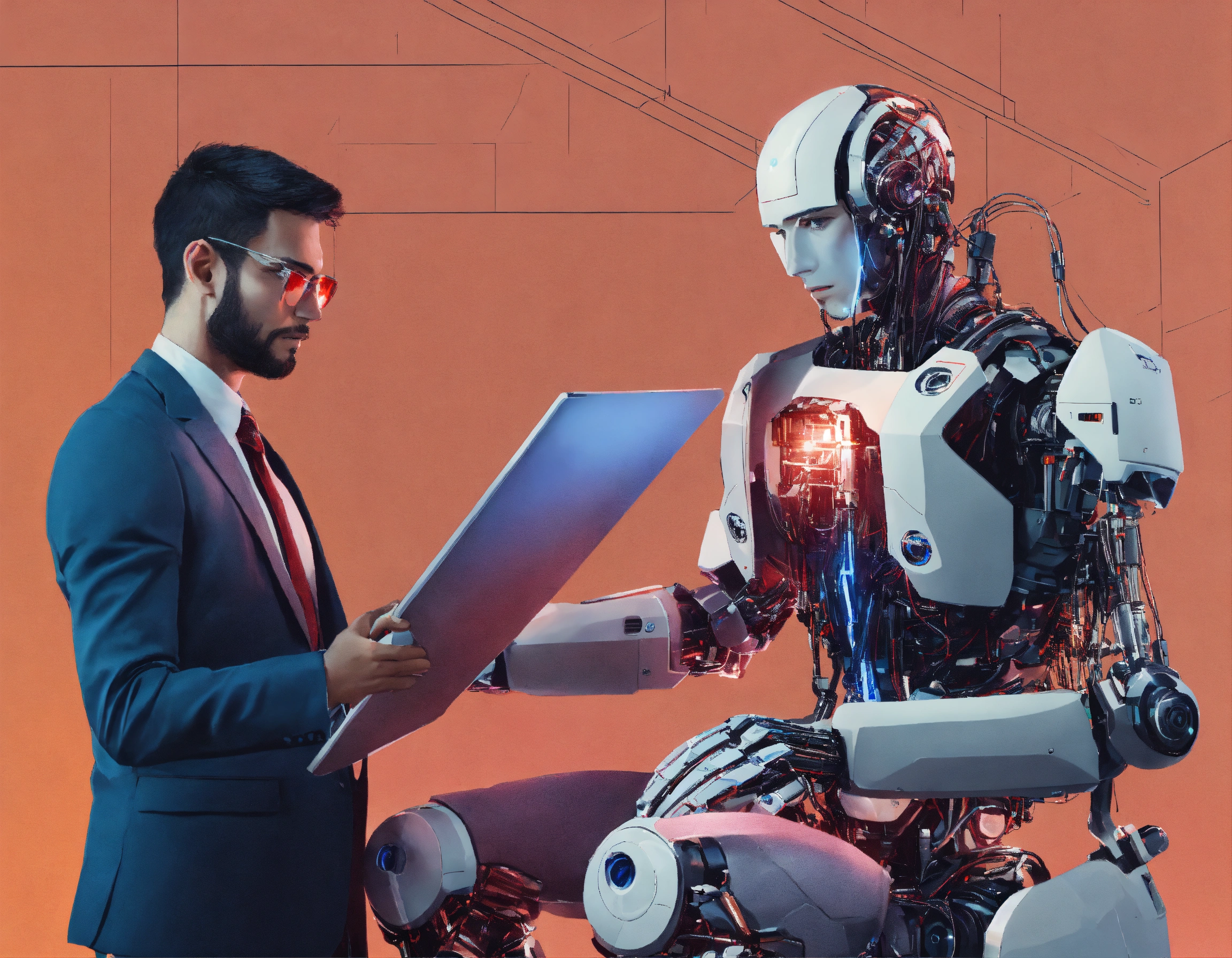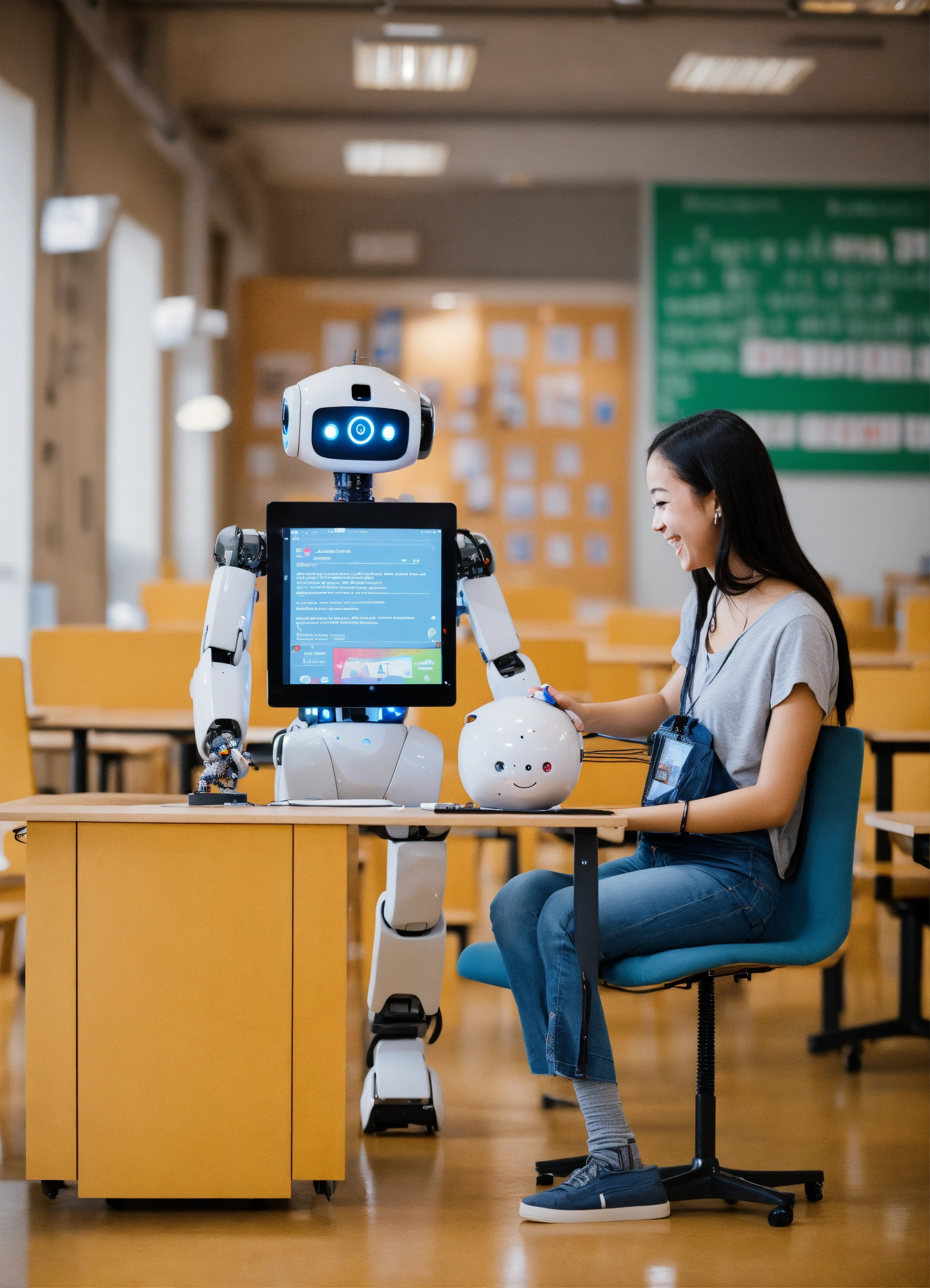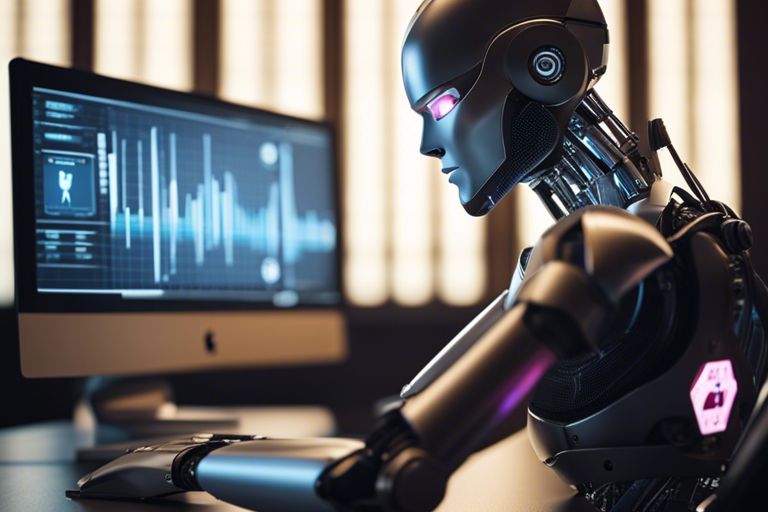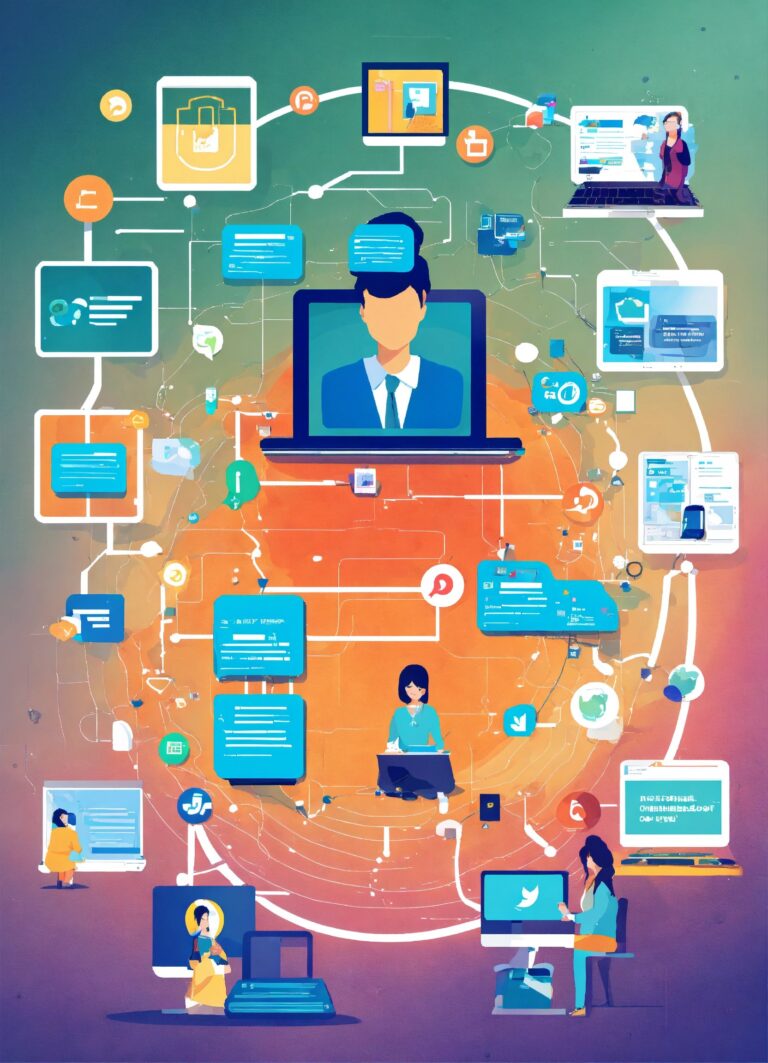You may not realize it, but AI is already transforming education in ways you can’t imagine. From personalized learning experiences to real-time feedback, artificial intelligence is revolutionizing the way you learn. Imagine having a virtual tutor that adapts to your learning style, helping you grasp concepts faster than ever before. With AI in education, the possibilities are endless, and the future of learning is brighter than ever.
The Current State of Education
A significant portion of traditional education involves teachers imparting knowledge through lectures, textbooks, and assessments. While these methods have been effective for many years, they come with their limitations.
Limitations of Traditional Teaching Methods
On the one hand, traditional teaching methods can be one-size-fits-all, catering to the average student and leaving behind those who may learn at a different pace or have unique learning styles. This approach can limit your potential for growth and your ability to fully grasp complex concepts. Additionally, the lack of real-time feedback in traditional classrooms can hinder your progress and lead to gaps in understanding.
The Need for Innovation in Education
Methods in which you learn and engage with educational material are evolving rapidly, driven by the need for more personalized, interactive, and effective learning experiences. Incorporating innovative technologies such as AI in education can provide you with tailored learning paths, immediate feedback, and immersive learning environments. By embracing these innovations, you can enhance your learning outcomes and acquire skills that are vital for success in the 21st century.
The Rise of AI in Education
You stand at the forefront of a new era in education, where artificial intelligence (AI) is revolutionizing the way we learn. AI technologies are increasingly being integrated into educational institutions, transforming the traditional methods of teaching and learning. As AI continues to advance, its role in education is becoming more prominent, offering new possibilities for personalized and efficient learning experiences.
Early Adoption of AI in Educational Institutions
To adapt to the rapidly evolving landscape of education, many institutions have started embracing AI to enhance their teaching methods and administrative processes. AI-powered tools are being used to analyze student data, assess learning gaps, and provide personalized feedback. By automating routine tasks and offering insights based on data analysis, AI enables educators to focus more on providing quality instruction and individualized support to students.
The Potential of AI to Enhance Learning Outcomes
Early adopters of AI in education have recognized its potential to significantly improve learning outcomes. By leveraging AI algorithms, educators can gain valuable insights into student performance, behavior, and engagement levels. This data-driven approach allows for the implementation of customized learning paths tailored to each student’s unique needs, maximizing their potential for success.
Adoption of AI in education has the potential to bridge the achievement gap by providing personalized support to students from diverse backgrounds. Additionally, AI can facilitate collaborative learning experiences by connecting students virtually and fostering a sense of community in online educational settings. As AI continues to evolve, its impact on education is bound to grow, paving the way for a more inclusive, adaptive, and effective learning environment.
Personalized Learning with AI
Even in the traditional education system, one size fits all approach doesn’t work for everyone.
Adaptive Learning Systems
These systems use AI algorithms to analyze your learning preferences, strengths, and weaknesses, then tailor educational content to suit your individual needs. By constantly adjusting the learning path based on your performance, adaptive learning systems ensure that you receive a personalized learning experience that maximizes your potential.
AI-driven Curriculum Development
finds its strength in creating customized learning materials based on your progress and understanding of the subject matter. Curriculum developed with AI takes into account your learning pace, style, and the areas where you need more help. This ensures that you are always challenged at the right level, helping you stay motivated and engaged throughout your educational journey.
Systems that employ AI in curriculum design can also adapt to changes in the academic landscape, integrating real-time data to update and refine the educational content. This dynamic approach ensures that you are always receiving the most relevant and up-to-date information, enhancing the effectiveness of your learning experience.
Real-time Feedback and Assessment
Are crucial components of personalized learning with AI. For example, AI-powered systems can provide instant feedback on your assignments, quizzes, or tests, pointing out areas where you excel and where you may need improvement. This immediate feedback loop allows you to track your progress in real-time, making the learning process more effective and efficient.
Assessment with AI technology can also identify patterns in your learning behavior, enabling educators to intervene and provide additional support when necessary. This proactive approach helps you address any challenges as they arise, ensuring a smoother learning experience overall. AI in Education truly transforms the way you learn, providing personalized support and guidance that caters to your individual academic needs and preferences.
Intelligent Tutoring Systems
One-on-One Learning with AI Tutors
Keep in mind that Intelligent Tutoring Systems (ITS) offer personalized learning experiences by providing one-on-one interactions between students and AI tutors. This personalized approach allows you to receive tailored guidance and feedback in real-time, adapting to your learning pace and style. AI tutors can help you grasp difficult concepts, reinforce learning through practice exercises, and track your progress to ensure mastery of the material.
AI-assisted Learning for Students with Disabilities
One advantage of AI-assisted learning for students with disabilities is the ability to provide customized support to meet individual learning needs. AI algorithms can adapt content delivery, provide alternative formats, and offer additional explanations to aid comprehension. This personalized approach can empower students with disabilities to learn more effectively and independently.
AI-assisted learning technology also has the potential to level the playing field for students with disabilities, enabling them to access educational materials with greater ease and efficiency. By incorporating features such as text-to-speech capabilities, adjustable pacing, and interactive learning tools, AI can enhance the learning experience for students facing challenges such as dyslexia, visual impairments, or attention disorders.
Fostering Critical Thinking and Problem-Solving Skills
Tutors equipped with AI technology can challenge you to think critically and solve complex problems, fostering skills that are crucial in today’s fast-paced and ever-evolving world. It encourages you to analyze information, think creatively, and approach problems from different angles, ultimately enhancing your cognitive abilities and decision-making skills.
It’s important to note that AI-powered tutoring systems are not designed to replace human teachers but to complement traditional educational methods. By integrating AI technologies into the learning process, you can benefit from personalized support, immediate feedback, and interactive learning experiences that enhance your overall academic performance.
AI-Powered Learning Analytics
Unlike traditional methods of education, AI-powered learning analytics offer a more personalized and data-driven approach to understanding student performance and learning outcomes. By harnessing the power of artificial intelligence, educators can gain valuable insights into student behavior, engagement levels, and academic progress.
Data-Driven Insights for Teachers and Administrators
Insights: AI algorithms analyze vast amounts of data to provide real-time feedback on student performance, allowing teachers and administrators to identify trends and patterns that may have otherwise gone unnoticed. This wealth of information enables educators to make data-driven decisions to enhance teaching methods, curriculum development, and student support services.
Identifying Knowledge Gaps and Learning Patterns
Data Driven: AI algorithms can pinpoint specific areas where students are struggling or excelling, allowing teachers to tailor their instruction to meet individual learning needs. By identifying knowledge gaps and learning patterns, educators can provide targeted interventions and support to help students reach their full potential.
AI powered: This technology revolutionizes the way educators approach teaching by providing a deeper understanding of how students learn and retain information. By leveraging AI-powered learning analytics, teachers can customize learning experiences to optimize student engagement and academic success.
Optimizing Educational Resources Allocation
Data Driven: AI algorithms can analyze resource allocation across schools to ensure that educational materials, staff, and infrastructure are distributed efficiently. By optimizing resource allocation, educators can enhance the overall learning environment and maximize the impact of available resources.
It is imperative to embrace AI-powered learning analytics in education to unlock the full potential of every student. By harnessing the power of artificial intelligence, educators can provide personalized learning experiences, address knowledge gaps effectively, and optimize resource allocation to create a more engaging and impactful learning environment for all students.
Addressing Concerns and Challenges
Job Displacement and the Future
To address the concerns surrounding job displacement due to AI in education, it’s imperative to understand that while automation may replace some tasks, it also creates new roles and opportunities. AI can handle routine tasks, allowing educators to focus on more creative and critical thinking aspects of teaching. By embracing AI as a tool to enhance your teaching methods, you can adapt and remain relevant in the ever-evolving educational landscape.
An open mindset towards upskilling and reskilling will be crucial in preparing for the future job market. Continuous learning and keeping abreast of technological advancements will ensure that you can leverage AI to improve learning outcomes and remain competitive in the field of education.





